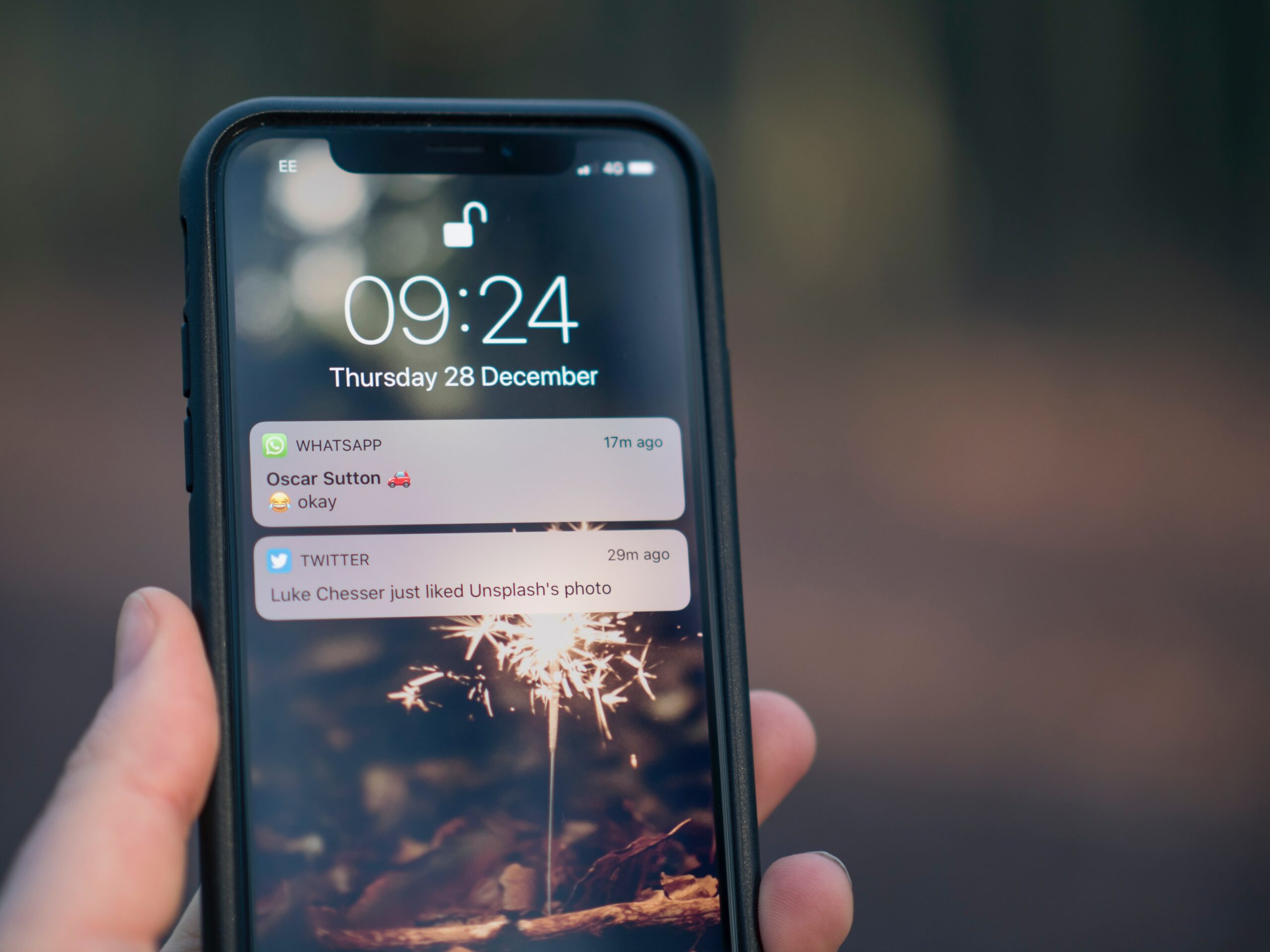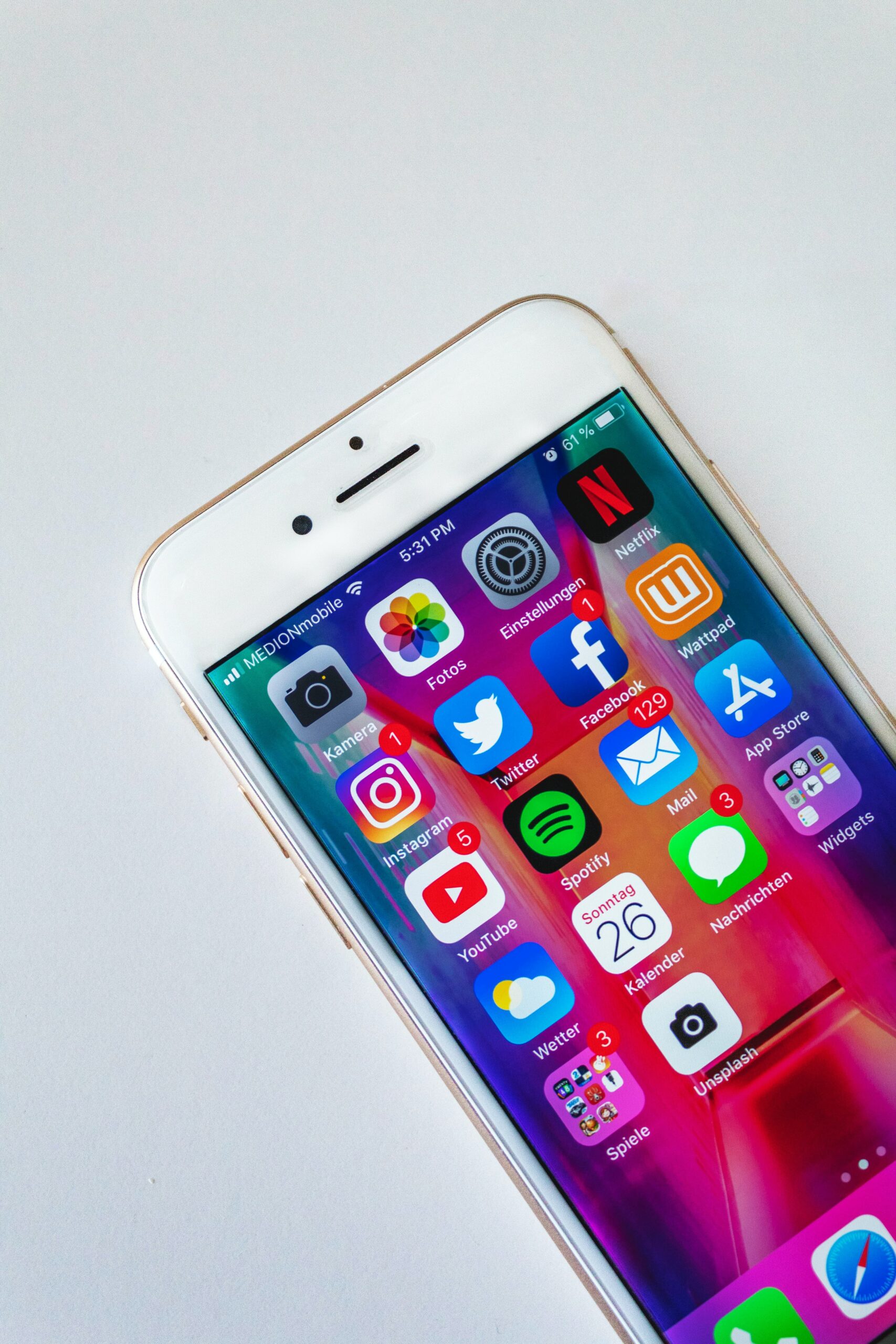 Some relationships are not meant to last forever. You know when you get to that point when it feels like a break up is the only way out. Perhaps the time you spend together now simply feels less joyful and drains you of energy. Maybe it’s exhausting giving so much attention with little in return.
Some relationships are not meant to last forever. You know when you get to that point when it feels like a break up is the only way out. Perhaps the time you spend together now simply feels less joyful and drains you of energy. Maybe it’s exhausting giving so much attention with little in return.
Yet how can you break free when so much of yourself and your life is invested in this relationship? Is a break-up inevitable?
For most of us, some kind of break up with our Smart phone would be a good thing, yet extremely hard to do in practice. Yes, we all know about digital detoxes but they don’t actually work when it comes to the day-to-day simply because we use our phone for so many aspects of our lives.
How then, can we at least make this relationship a little healthier?
- Establish phone-free zones and times: Designate certain areas or times during the day where you won’t use your phone. I have trained myself not to use my phone after 8 pm (it has to be out of sight first!), never in the bedroom, meal times or during social gatherings. This creates boundaries and allows me to be fully present in those moments.
- Switch off non-essential notifications: This was a real game changer for me. I actually have NO notifications on at all but you can simply disable or adjust settings so that only important notifications come through. This way you’ll be less distracted and pick up your phone less too.
- Have mini digital detoxes: Plan periodic breaks from your phone, such as a day or weekend without using it. This helps reset your relationship with your device and provide perspective on how much you rely on it.

I’m not a fan of complete digital detoxes. Mainly, because technology and being able to use smartphones is a wonderful tool. But we need to make this work FOR us rather than be a constant thief of our focus and attention.
Can we break bad habits by being more curious about them? Psychiatrist Judson Brewer studies the relationship between mindfulness and addiction — from smoking to overeating to all those other things we do even though we know they’re bad for us, including our use of smart phones. Learn more about the mechanism of habit development and discover a simple but profound tactic that might help you beat your next urge to smoke, snack or check a text while driving.
4. Look at your apps: This can be a good way to reset the relationship. Do you really need them all? Do you use them all? If nothing else, sort them into themed folders but, better still, get rid of any you just don’t use. Declutter your home screen!
5. Use productivity apps: There are apps available that can help you limit your phone usage. Some apps track your screen time and provide reports, while others restrict access to certain apps or features for a set amount of time. Explore different options and find one that suits your needs.
Create alternative activities: Instead of constantly scrolling, find and schedule in activities that you enjoy and replace phone usage with them. This can be anything from reading books, exercising, pursuing hobbies you’ve told yourself you don’t have time for, to spending time outdoors, or engaging more in face-to-face interactions with friends and family rather than talking to them with your phone in your hand.
